Swipe for English Version
ÔÚČÕÍ(f¨´)ŌģČÕĩÄÃĻÂĩÉúģîÖĐ��ŖŦÎŌēÜëyĶĐr(sh¨Ē)égÍŖĪÂÄ_˛ŊČĨĐĀŲpÖÜß
ĩÄÃĀž°����ĄŖ×ÔČģ×÷��ŖŦŧ´ĘÜ×ÔČģŊįĸ°l(f¨Ą)ĩÄ×÷�����ŖŦÕũŌō?y¨¤n)éËüŊĖ?hu¨Ŧ)ÎŌÍŖĪÂíĶ^˛ėÖÜúĩÄŌģĮĐ�ŖŦŌō´ËÔÚŊĖĶũîI(l¨Ģng)Ķōē͸üVˇēĩġļúČ(n¨¨i)ČÕŌæĘÜĩŊgĶ�ĄŖĶ^˛ėĘĮŋÆW(xu¨Ļ)ˇŊˇ¨ÕĩÄÖØŌĒÔtÖŽŌģĄŖ
ß@(g¨¨)ŋįW(xu¨Ļ)ŋÆĩÄŅĶÕšÕnŗĖ (CCA)ĩÄĻ(du¨Ŧ)ÎŌĩÄW(xu¨Ļ)ÉúŌ˛îHéĶĐŌæ�ŖŦŌō?y¨¤n)éËûĸ×÷ŧŧÄÜÅcĶ^˛ėĄĸîA(y¨´)y(c¨¨)����ĄĸÍÆāĄĸĶä�����ĄĸŋŊY(ji¨Ļ)ēÍĩÃŗöŊY(ji¨Ļ)ÕĪāŊY(ji¨Ļ)ēĪ���ĄŖ
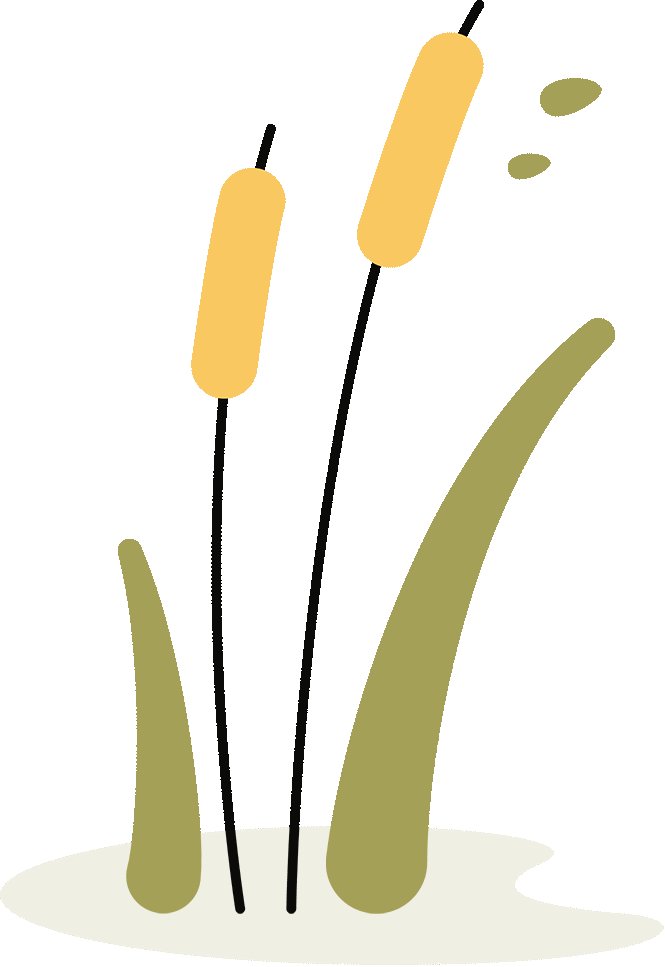
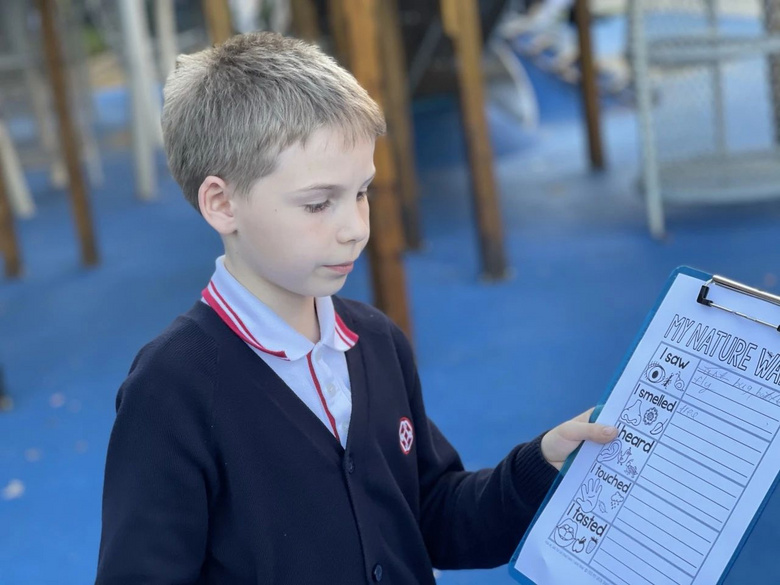
9ÔÂÖÁ11ÔÂ��ŖŦ16Ãû2Äęŧ(j¨Ē)ēÍ3Äęŧ(j¨Ē)ĩÄW(xu¨Ļ)Éú
ĸÅcÁËÃŋÖÜČũĩÄ×ÔČģ×÷CCA�ĄŖÔÚÎŌĩÄĩÚŌģĖÃÕnÉĪŖŦÎŌÖÆ×÷˛ĸŅbīÁË×ÔŧēĩÄ×ÔČģ×÷ČÕÖž�����ŖŦ˛ĸĶÕÁË×ÔČģĩÄŌģ°ãĮérŌÔŧ°ÔÚĖŊË÷ĐŖ@ÖÜú×ÔČģr(sh¨Ē)ĸŌĒĘšĶÃĩÄŋÆW(xu¨Ļ)ˇŊˇ¨�ĄŖ
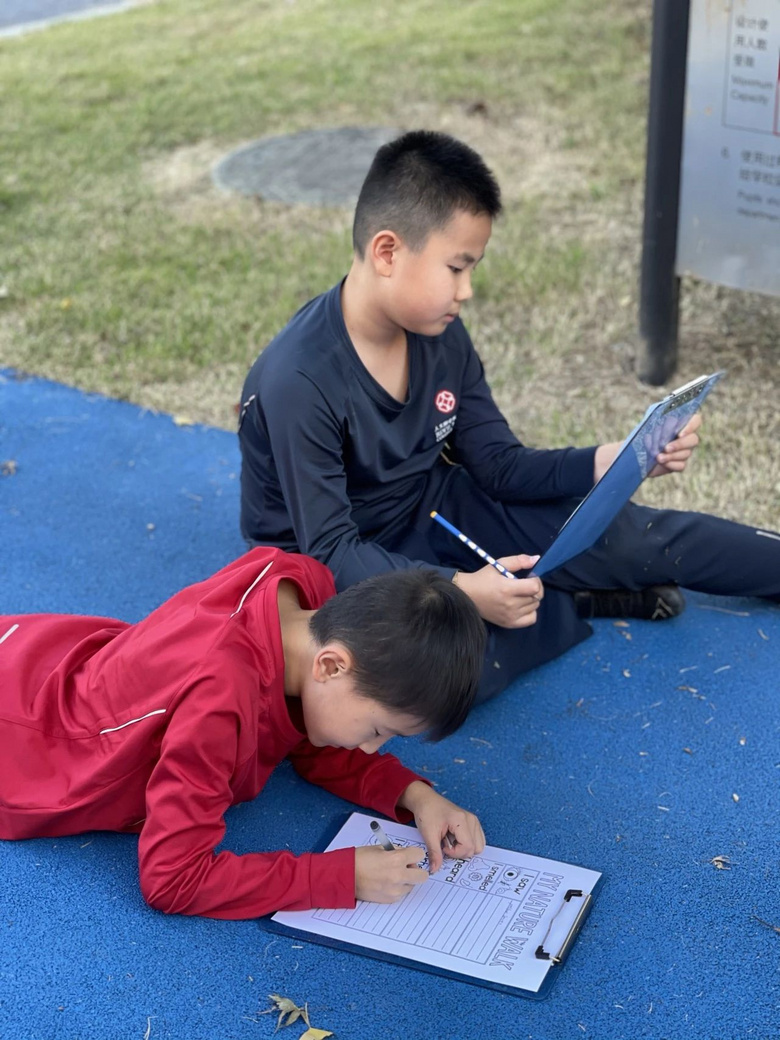
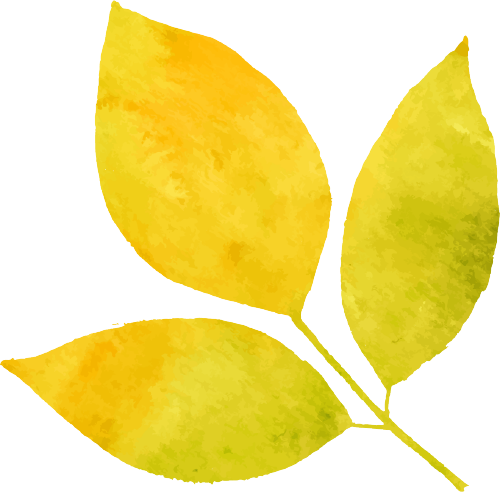
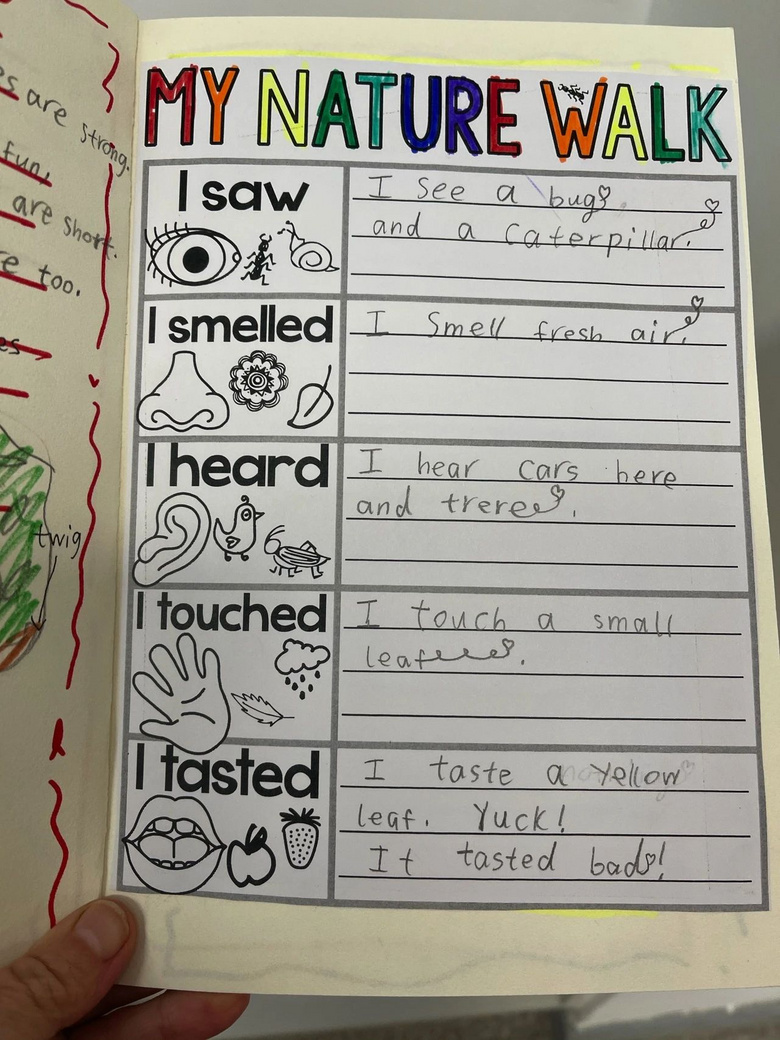
ÔÚŊĶĪÂíĩÄÃŋŌģĖÃÕnÉĪ���ŖŦÎŌĖŊĶÁ˲ģÍŦÖ÷î}�ŖŦąČČįŖēäČ~�����ĄĸÄĪšĪ�ĄĸäÄž�ĄĸĀĨĪxĄĸÔÚôÍâr(sh¨Ē)ÎŌĩĸКŲĶäÁËĘ˛Ã´ĩČ��ĄŖ
ÎŌĘ×ĪČW(xu¨Ļ)Á(x¨Ē)ģōÍ(f¨´)Á(x¨Ē)ęP(gu¨Ąn)ĶÚÖ÷î}ĩÄŌģĐŠÖĒ×R(sh¨Ē)���ŖŦąČČįČ~×ĶĩIJŋˇÖģōÄĪšĪĩÄÉúÃüÖÜÆÚĄŖŊĶÖø�ŖŦÎŌŌģÆđ×ßŗöŊĖĘŌŖŦÔÚ×ÔČģÂū˛ŊÖĐ×Đŧ(x¨Ŧ)Ķ^˛ė����ĄĸĶäĄĸŌÔŽšPĶä˛ĸˇÖĪíÎŌĩÄ°l(f¨Ą)ŦF(xi¨¤n)���ĄŖ
ÎŌÃĀûĩÄĐŖ@ŗäMÁËÔSļāÖĩĩÃĖŊË÷ĩÄĩØˇŊ�ŖŦÔÚĖŊžŋĩÄ×îēķ�����ŖŦÎŌļŧū(hu¨Ŧ)ģØĩŊŊĖĘŌĪÂŌģĐŠęP(gu¨Ąn)ĶÚÎŌĶ^˛ėēÍW(xu¨Ļ)ĩŊĩÄČ(n¨¨i)ČŨĩÄžä×Ķ��ĄŖ
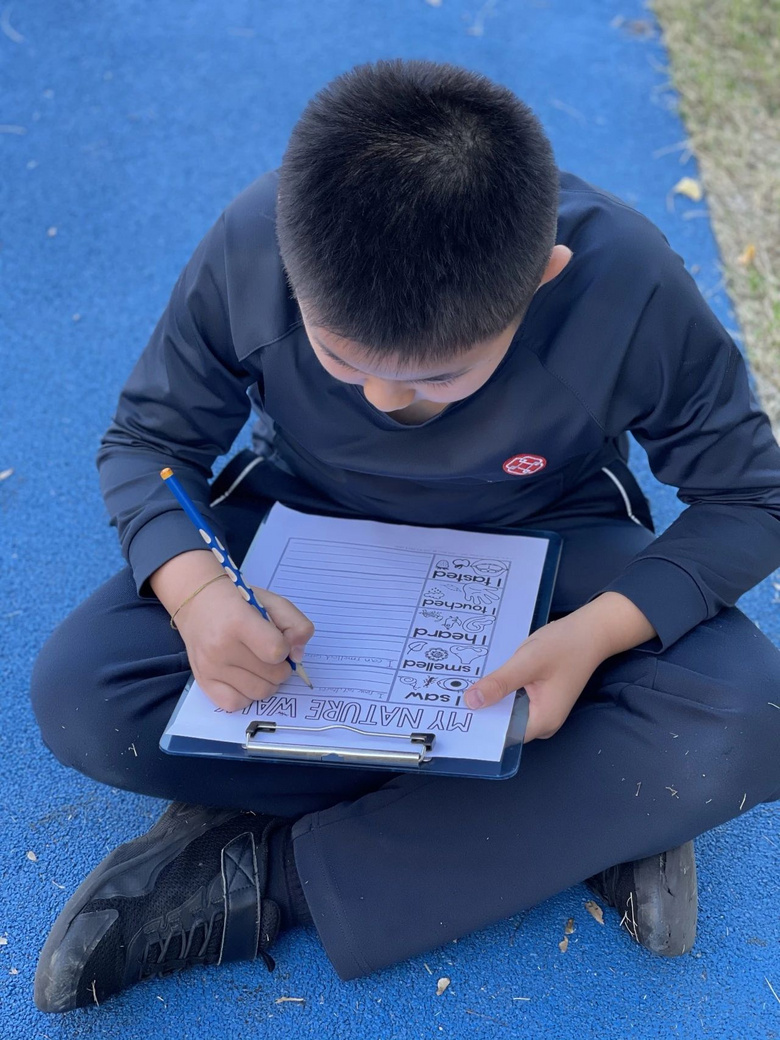
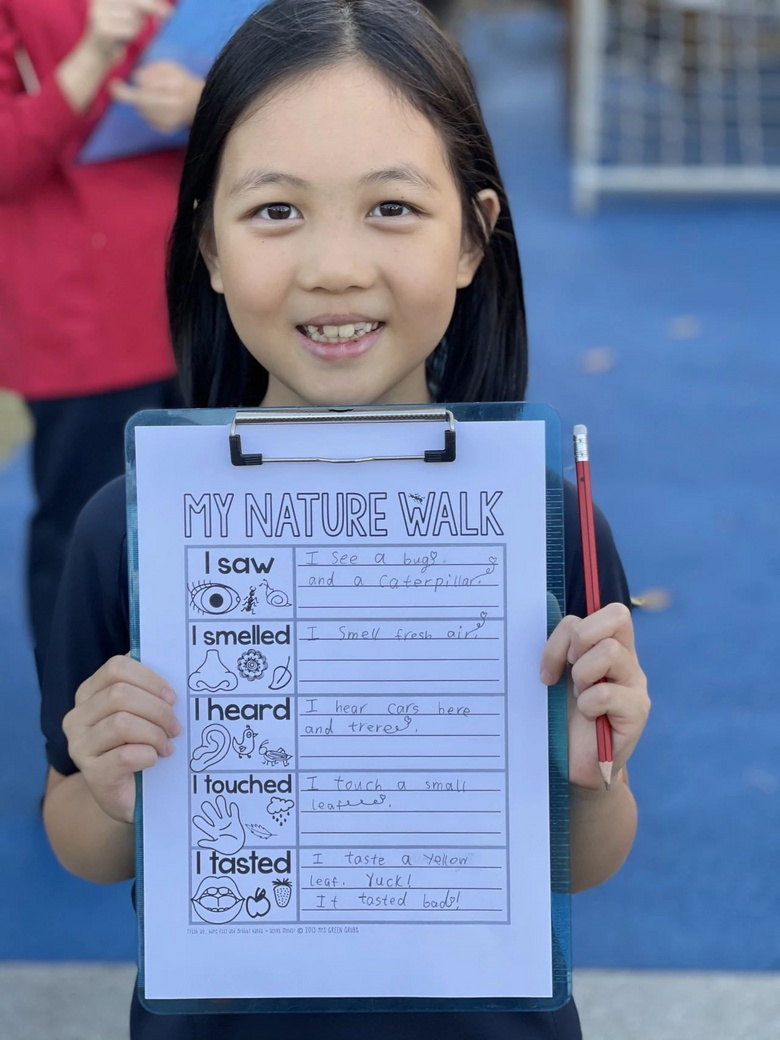

×Ô
Čģ
Ž(d¨Ąng)ÎŌĖŊË÷�ĄĸÕJ(r¨¨n)×R(sh¨Ē)ĐŖ@ÖÜúĩÄäÄžr(sh¨Ē)ŖŦÎŌßÁËŊâĩŊíą§äÄžĩÄēÃĖ��ŖŦËüÄÜÍÖúÎŌ¸üÉîČëĩØÅcÖÜú×ÔČģĪāßBŊĶ�����ĄŖŅĐžŋąíÃ÷��ŖŦÔÚäÄžÖÜúŋÉŌÔŧŊâēÁĻ��ĄĸÔö(qi¨ĸng)ÃâŌßÁĻ�ĄĸŊĩĩÍŅĒē���ŖŦ˛ĸŧĶËŲŧ˛˛Ąģō(chu¨¤ng)ûĩÄĐŪÍ(f¨´)ĄŖ
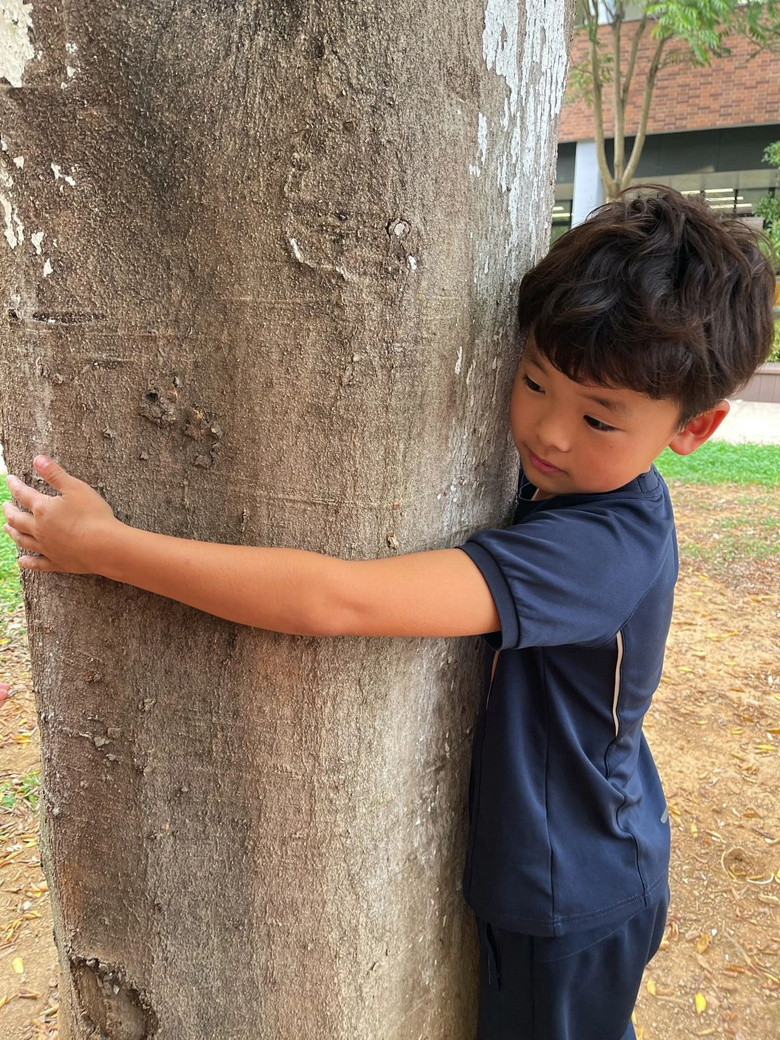
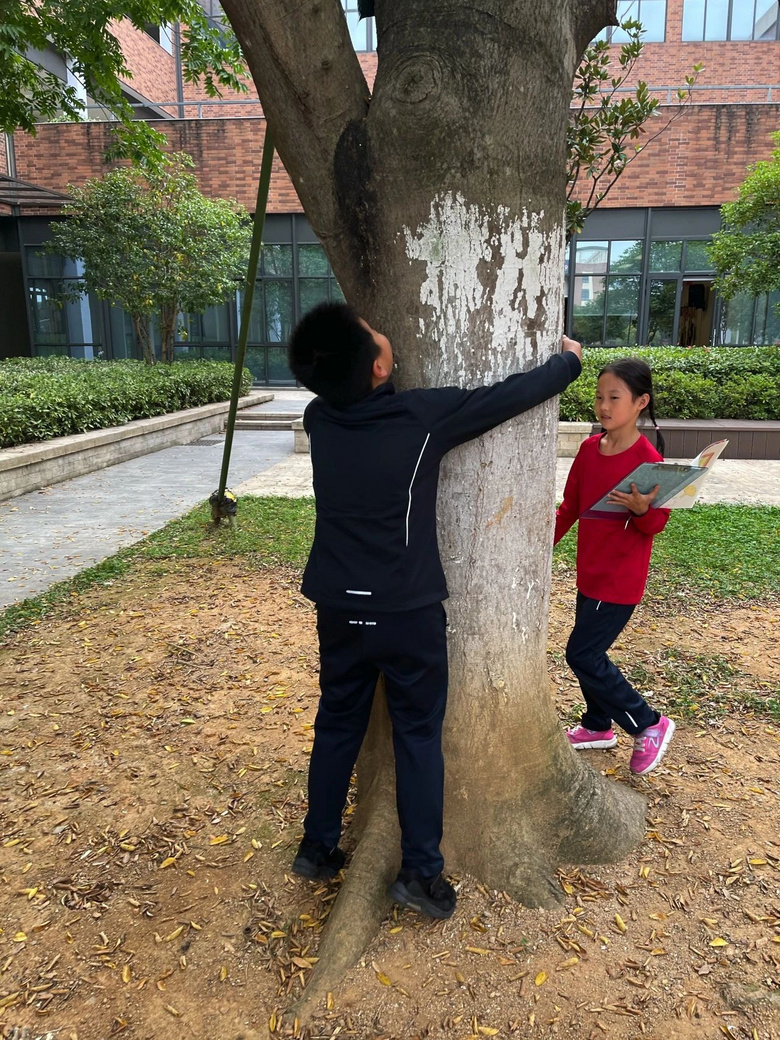
ÔÚ11Äęŧ(j¨Ē)W(xu¨Ļ)ÉúAnneēÍTiffanyĩÄ
f(xi¨Ļ)ÖúĪÂŖŦÎŌĩÄÕnŗĖĩÃŌÔ¸üŧĶíĀûēÍĶäŋėĩØßM(j¨Ŧn)ĐĐ��ĄŖÔÚŊĖŊĖW(xu¨Ļ)�����ĄĸĐĄŊMēĪ×÷�ĄĸąO(ji¨Ąn)ļŊĖŊžŋW(xu¨Ļ)Á(x¨Ē)ß^ŗĖēÍĖᚊąØŌĒˇ×gr(sh¨Ē)���ŖŦËũ?y¨u)éĀĪēÍÍŦW(xu¨Ļ)ĖᚊÁËO´ķĩÄÍÖú����ĄŖ
×îÖØŌĒĩÄĘĮŖŦËũÅcW(xu¨Ļ)ĩÜW(xu¨Ļ)ÃÃļČß^ÁËŋėˇĩÄÕnŗĖr(sh¨Ē)šâ�����ŖŦ˛ģÍŦÄęŧ(j¨Ē)ĩÄW(xu¨Ļ)ÉúĪāģĨÖŽégŊ¨ÁĸÁËÂ(li¨ĸn)Īĩ�����ŖŦÔÚß@(g¨¨)W(xu¨Ļ)Á(x¨Ē)ĐÍÉį
^(q¨ą)ÖĐĪāģĨÍÖú�ŖŦš˛ÍŦW(xu¨Ļ)Á(x¨Ē)�����ĄŖ
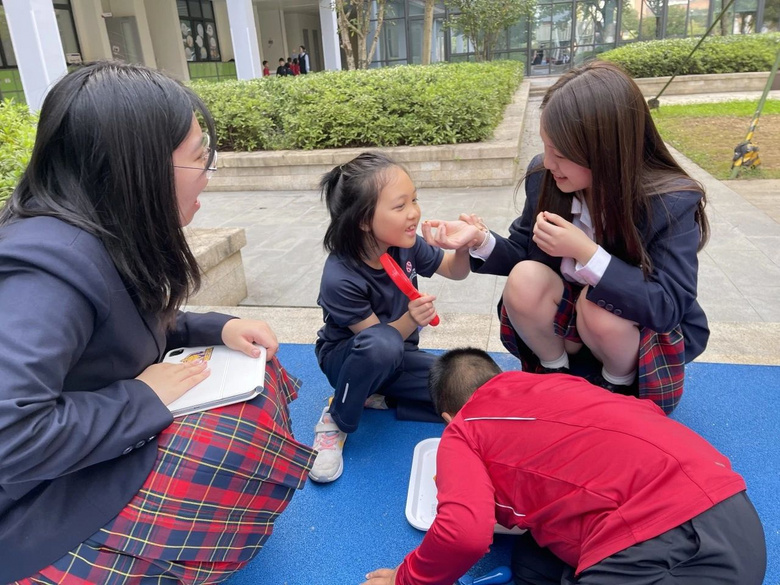
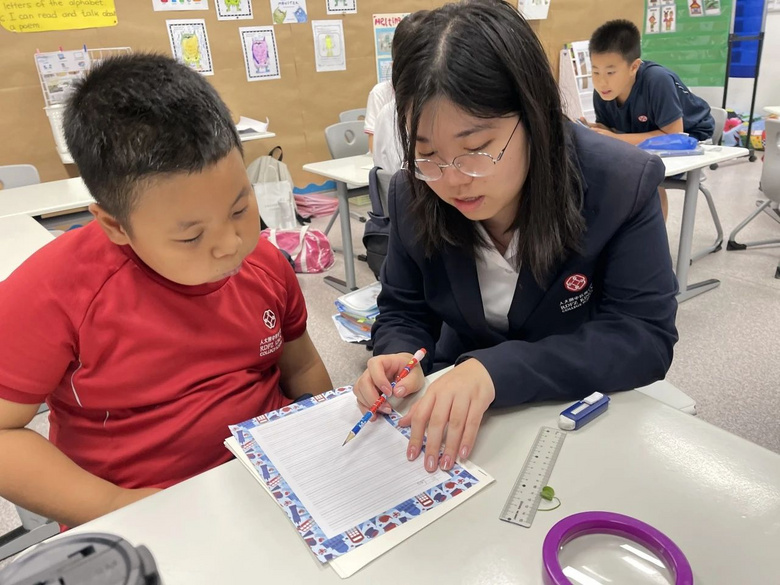
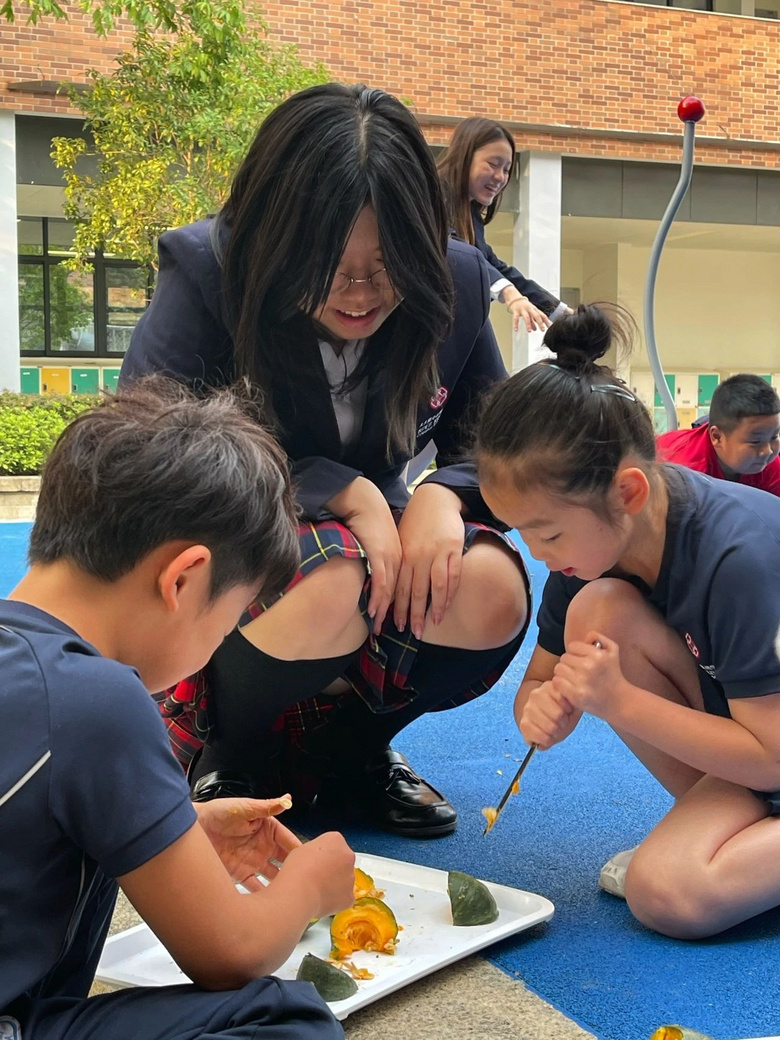
ÔÚ×îēķŌģĖÃÕnÉĪŖŦÎŌŅûÕ(q¨Ģng)ŧŌéL(zh¨Ŗng)ŌģÆđÍęŗÉŌģ(g¨¨)ē(ji¨Ŗn)ļĖĩÄí(xi¨¤ng)Äŋ��ĄŖÔÚÍ(f¨´)Á(x¨Ē)ÍęęP(gu¨Ąn)ĶÚĀĨĪxĩÄŌģĐŠģųąžÖĒ×R(sh¨Ē)ēķ���ŖŦÎŌĶ(d¨°ng)ĘÖÖÆ×÷ÁËĪëĪķÖĐĩÄĀĨĪx���ŖŦéËü?n¨¨i)ĄÃû×Ö�ŖŦ˛ĸÔÚČÕÖžÖĐ?du¨Ŧ)ËüßM(j¨Ŧn)ĐĐÃčĘö����ĄŖ
ß@ĘĮŌģĖÃˇÕúĶäŨpËÉĩÄÕnĖÃ����ŖŦW(xu¨Ļ)ÉúÅc¸¸Ä¸Ąĸ×游ĸˇÖĪíÁËËû?c¨¨)Ú×ÔČģ×÷CCAÖĐW(xu¨Ļ)ĩŊĩÄÖĒ×R(sh¨Ē)��ŖŦÕšĘžÁËËûĩÄĶ^˛ėČÕÖž����ŖŦÖvĘöÁËËûĶäĩÄČ(n¨¨i)ČŨ����ŖŦÅcËûš˛ÍŦÖÆ×÷ĪëĪķÖĐĩÄĀĨĪx��ĄŖ
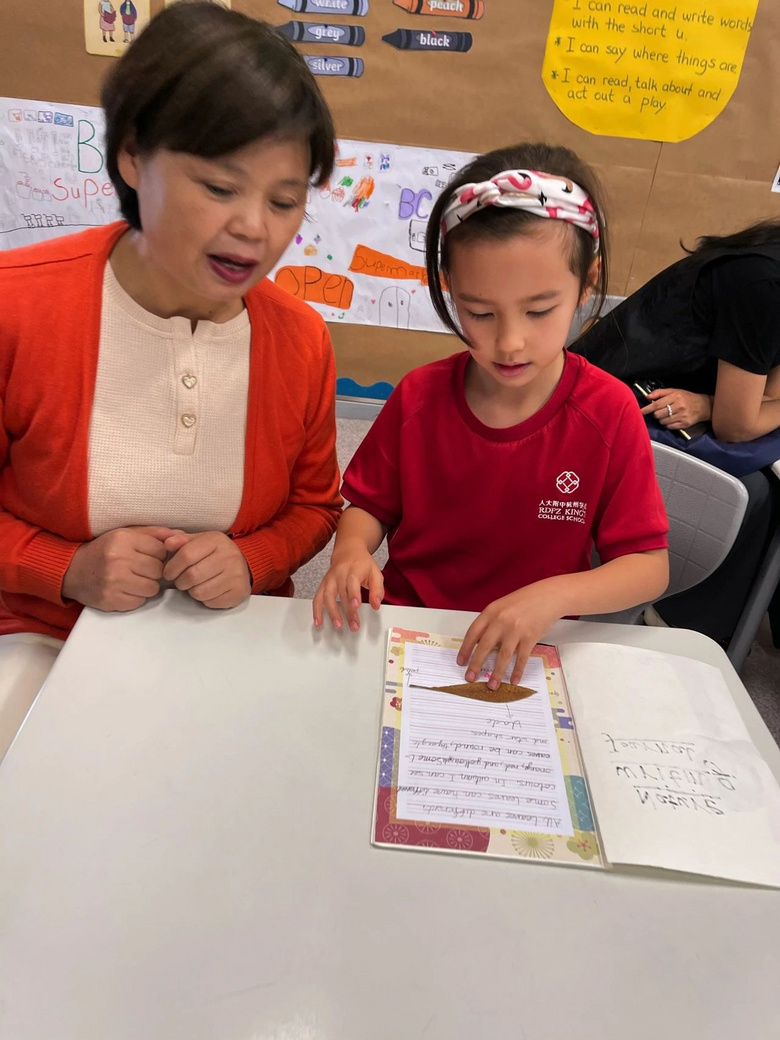
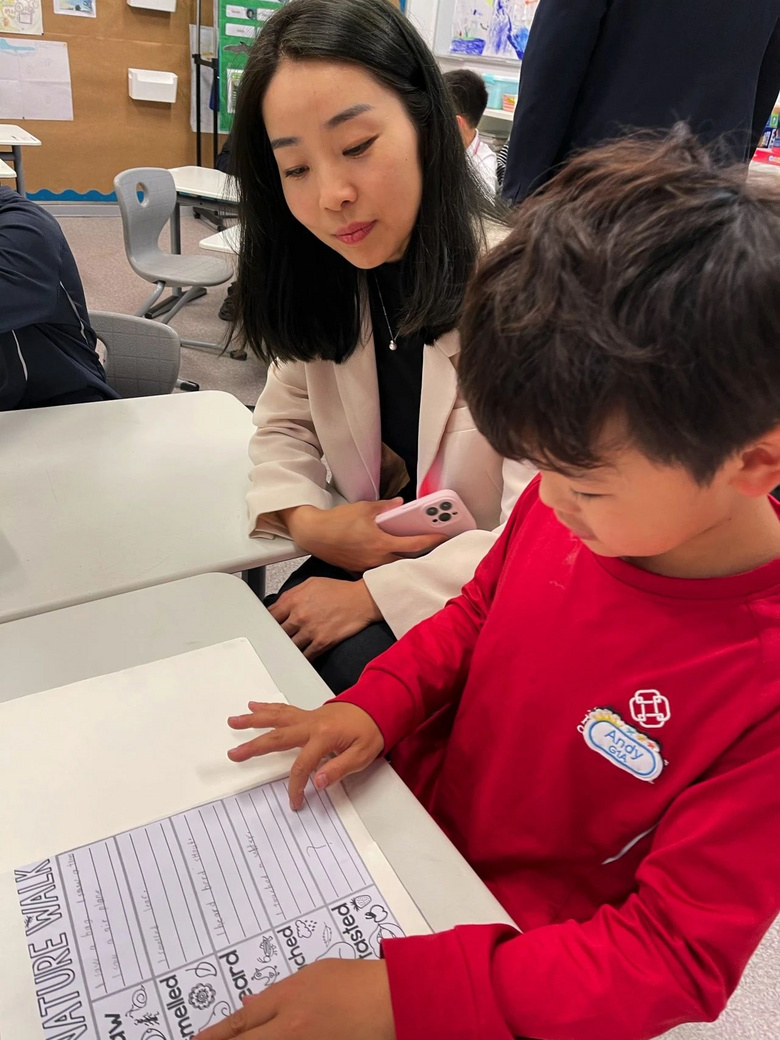
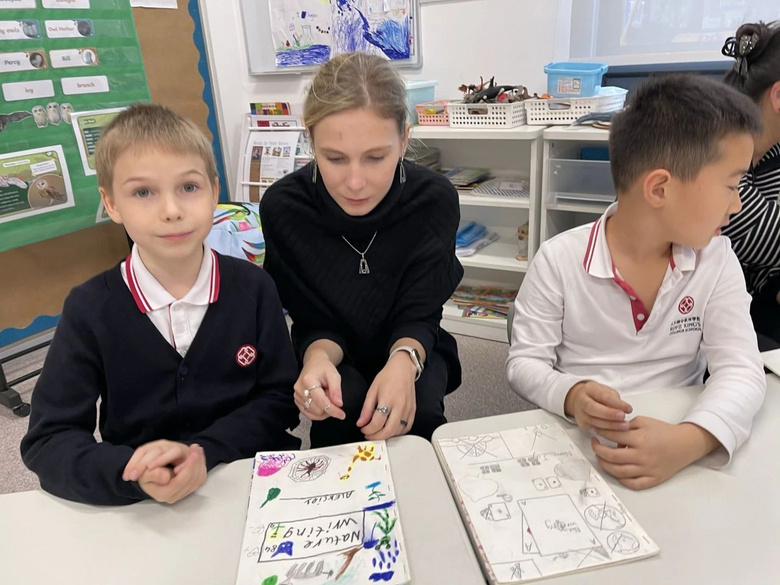
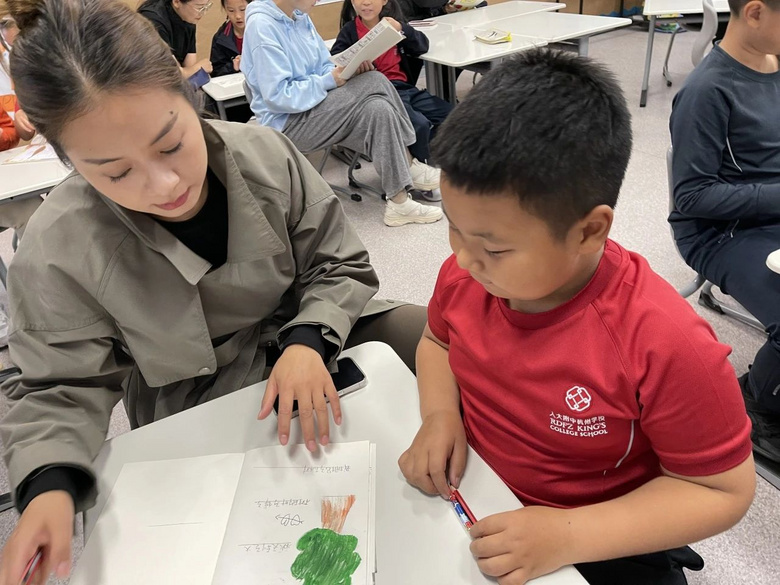
ĪŖÍûW(xu¨Ļ)ÉúĸÔÚ×ÔČģ×÷CCAÖĐÅāđB(y¨Ŗng)ĩÄĖŊË÷ÄÜÁĻ�ĄĸĻ(du¨Ŧ)×ÔČģĩÄēÃÆæÅcáÛ°éëSËû¸ü×ßß^δíĩÄr(sh¨Ē)šâ�����ĄŖ
Ž(d¨Ąng)ÎŌÍŖĪÂíĐĀŲpÖÜúh(hu¨ĸn)žŗĩÄÃĀēÍ´ķ×ÔČģĩÄÆæÛEr(sh¨Ē)����ŖŦÎŌĩÄÉúģîū(hu¨Ŧ)×ĩøüŧĶØS¸ģĄŖ
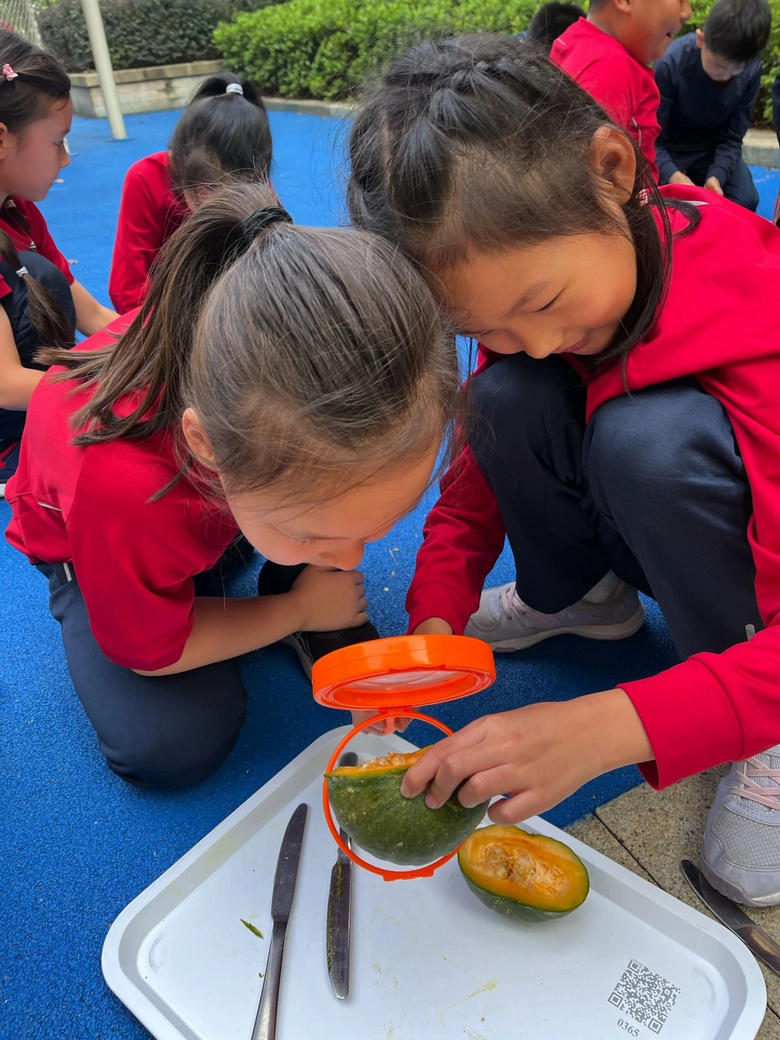
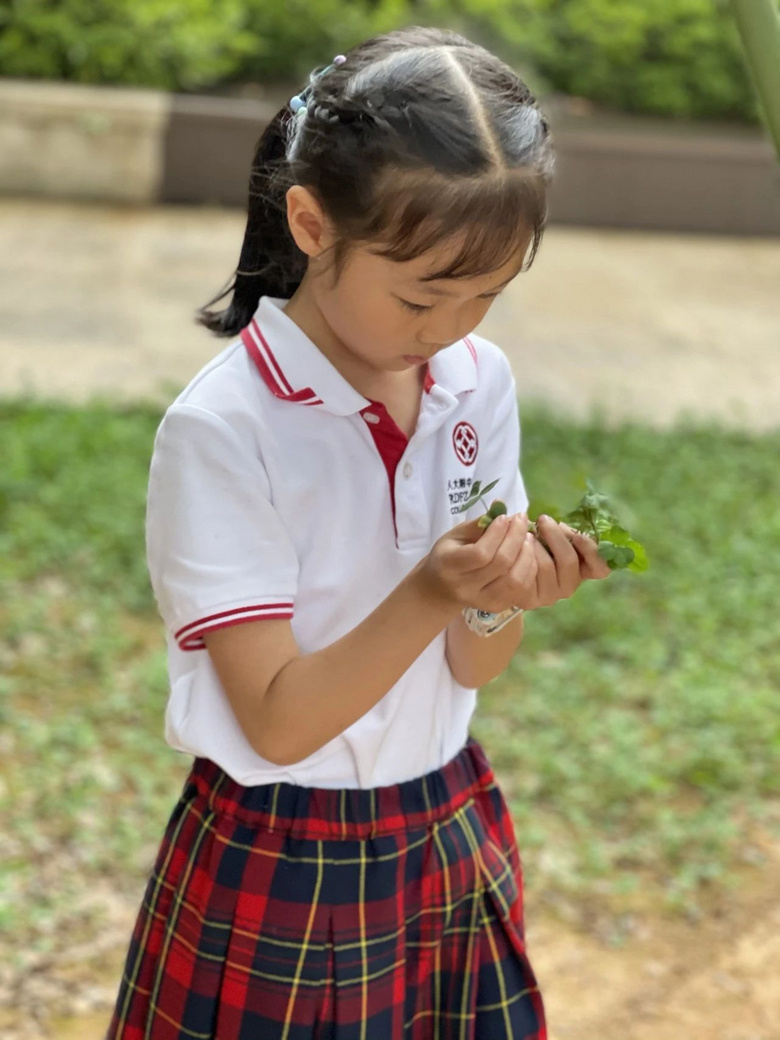
ģŦĶ(d¨°ng)˛éŋ´ÖĐÎÄ°æ
In our busy lives, we rush through the days, not always having time to stop and observe the beauty that surrounds us. Nature writing, or writing inspired by the natural world, is a discipline that is gaining popularity in education and wider, precisely because it teaches us to stop and observe what is around us. And observation is one of the tenets of scientific approach. The interdisciplinary aspect of this CCA is also something that was beneficial for our students as they combined their writing skills with observation, prediction, inferring, recording, summarizing and concluding.


From September to November, a group of 16 grade 2 and 3 students took part in Nature Writing CCA on Wednesdays. At our first session, we made and decorated our nature writing journals and discussed the nature in general as well as scientific methods that we will be using whilst exploring the nature around our campus. At each following session, we explored one topic, such as: leaves; pumpkins; trees; insects; what our senses record when out and about, etc. We would first learn or revise some basic facts about the topic (such as parts of leaves or pumpkin life cycle) and then we ventured outside, on our nature walks, to carefully observe, record, make drawings and share our findings. Our school campus is beautiful and holds many wonders that are well worth is exploring! As the last stage each time, we would go back to the classroom and write a few sentences about what we observed and learned.



At each following session, we explored one topic, such as: leaves; pumpkins; trees; insects; what our senses record when out and about, etc. We would first learn or revise some basic facts about the topic (such as parts of leaves or pumpkin life cycle) and then we ventured outside, on our nature walks, to carefully observe, record, make drawings and share our findings. Our school campus is beautiful and holds many wonders that are well worth is exploring! As the last stage each time, we would go back to the classroom and write a few sentences about what we observed and learned.



×Ô
Čģ
When we explored the trees around our campus, we also learned about the benefits of tree hugging which allowed us to further connect with the nature around us. Research shows that spending time around trees can reduce stress, improve immunity, lower blood pressure and accelerate recovery from illness or trauma.


Our sessions were made a lot more enjoyable and smooth going by the assistance of Anne and Tiffany, two senior school (grade 11) students. They provided great help to the CCA teacher by working with small groups of students, supervising and helping with translation on few occasions when it was necessary. Most importantly, they also had fun in the nature with their younger school mates. It was lovely to see how bonds were formed between our older/senior school and lower primary students.



For our last session, we invited the parents to join us in completing a short project where (after revising some basic facts about insects) we made our imaginary small beasts, gave them names and described them in our journals. It was a very enjoyable session, where the students shared with their parents (or grandparents) what they learned in the Nature Writing CCA, showed them their journals and what they recorded so far and then worked together to make their imaginary insects.




It is hoped that the feeling of excitement that our students felt exploring and discovering things in the nature will stay with them long past the Nature Writing CCA Sessions. Our lives are so much richer when we do stop from time to time to appreciate the beauty and wonders of our surroundings.


ͨĶTŖēNatasha Francis
Ø(z¨Ļ)ČÎ����ĄĸËÎŲnŊB
ÎÄ×ÖČãĄĸÍņÆ

ŊĖĶũĩÄ×î¸ßžŗŊįĘĮ(sh¨Ē)ŦF(xi¨¤n)ČËĩÄČĢÃæ°l(f¨Ą)Õš��ĄŖēŧÖŨĩŌ°îÎÄĀíW(xu¨Ļ)ĐŖąüŗÖ“(chu¨¤ng)ÔėßmēĪÃŋ(g¨¨)W(xu¨Ļ)Éú°l(f¨Ą)ÕšĩÄŊĖĶũ”×ÚÖŧ��ĄŖ12ÔÂ15ČÕ�����ŖŦēŧÖŨĩŌ°îÎÄĀíW(xu¨Ļ)ĐŖĀíĘÂéL(zh¨Ŗng)˛ŠÎÄĪČÉúĸŌÔ“ČįēÎéēĸ×Ķļ¨ÖÆTAĩĸßÖĐø(gu¨Ž)ëHģ¯ŊĖĶũ�����Ŗŋ”éÖ÷î}��ŖŦģØîÖĐø(gu¨Ž)ø(gu¨Ž)ëHģ¯ŊĖĶũĩÄ°l(f¨Ą)ÕšÜÛEŖŦ˛ĸÔŊâ"ŌÔÄÜÁĻé§(d¨Ŗo)Īō���ĄĸÃæĪōδíĩÄ(chu¨¤ng)ĐÂĐÍW(xu¨Ļ)ĐŖ”����ŖŦÍÖúŧŌéL(zh¨Ŗng)ÔÚÍ(f¨´)ësĩÄŊĖĶũßxņÖĐ×öŗö×îŧŅQ˛ß�ĄŖ

